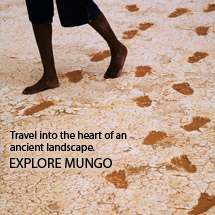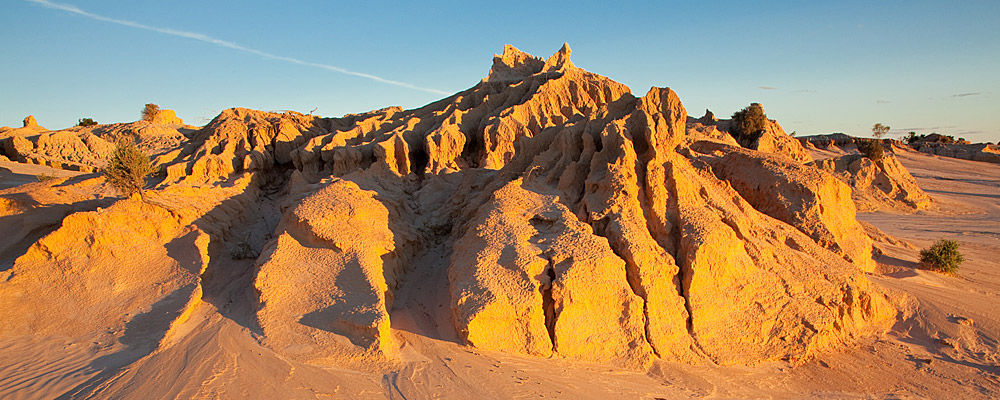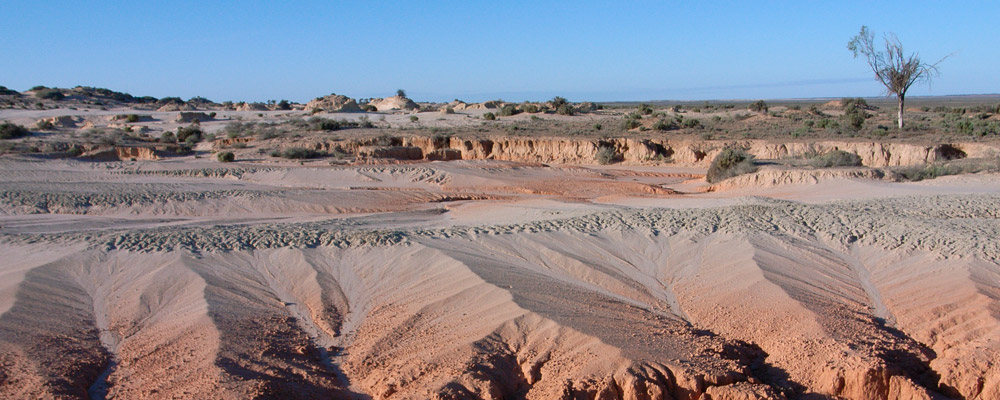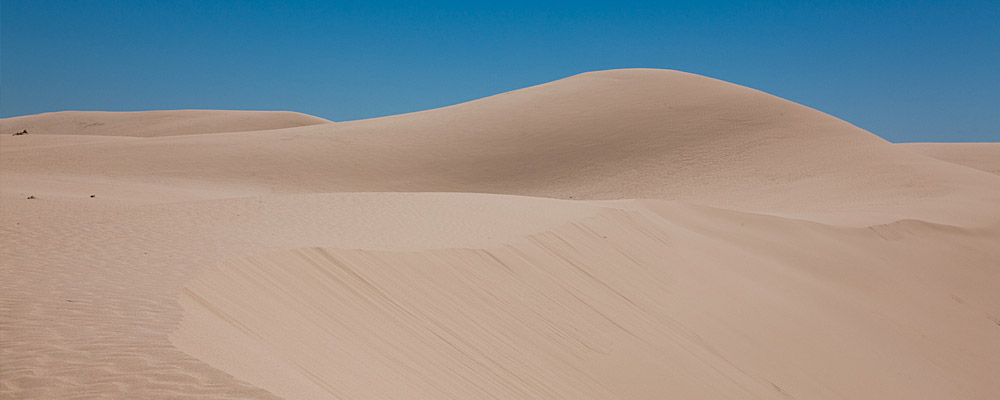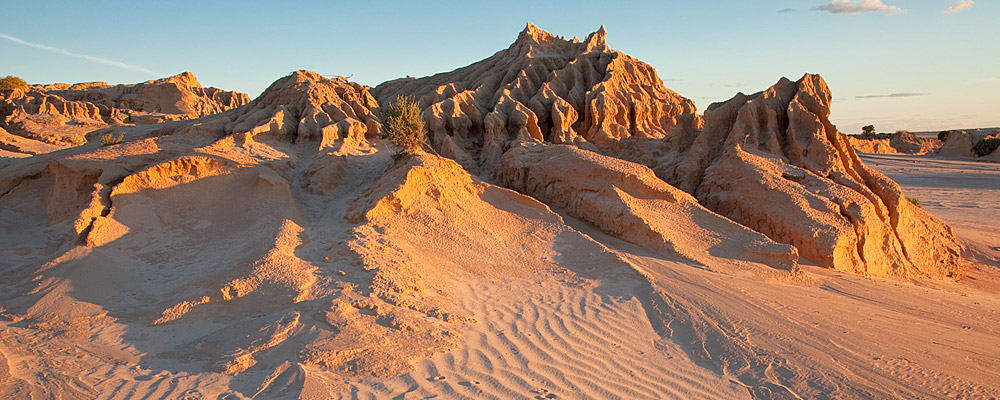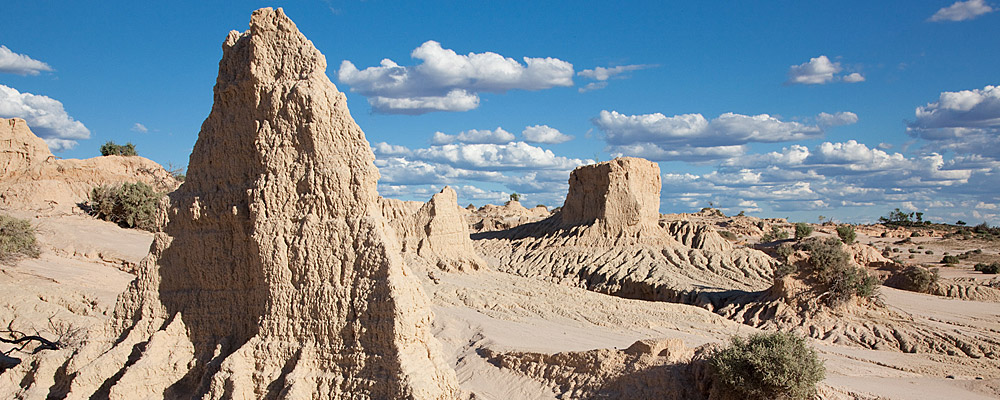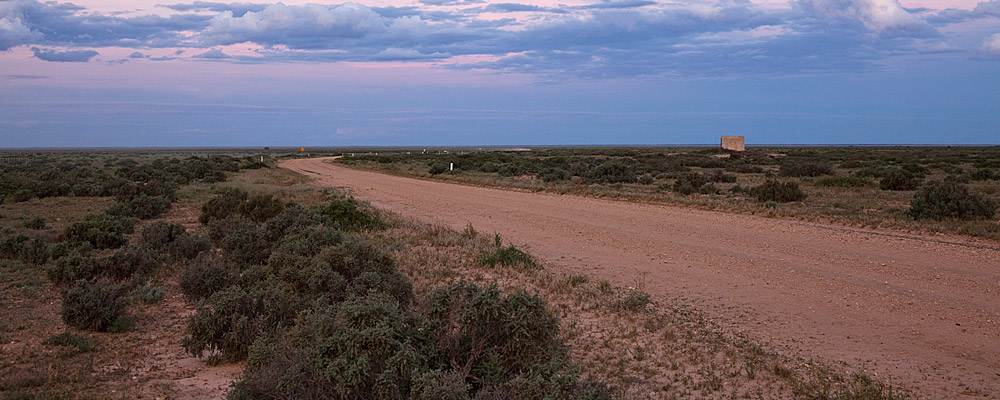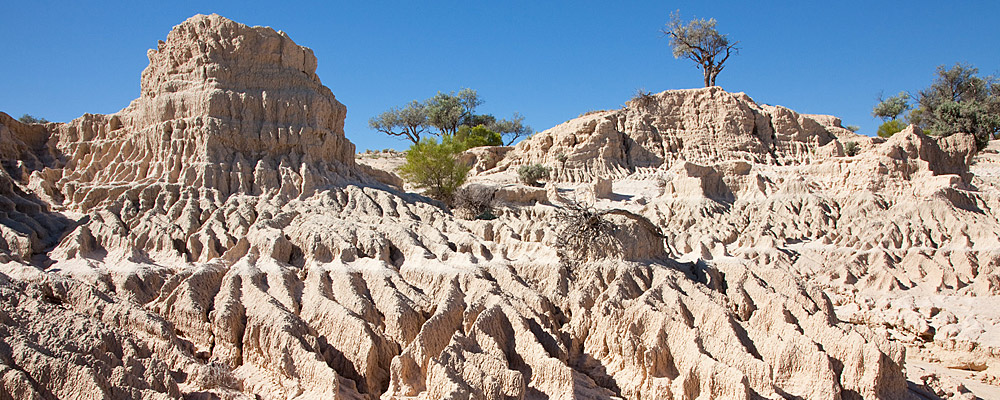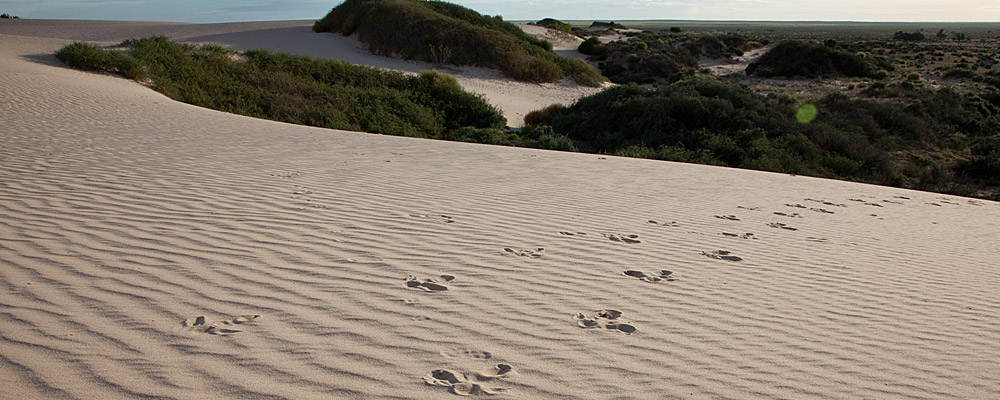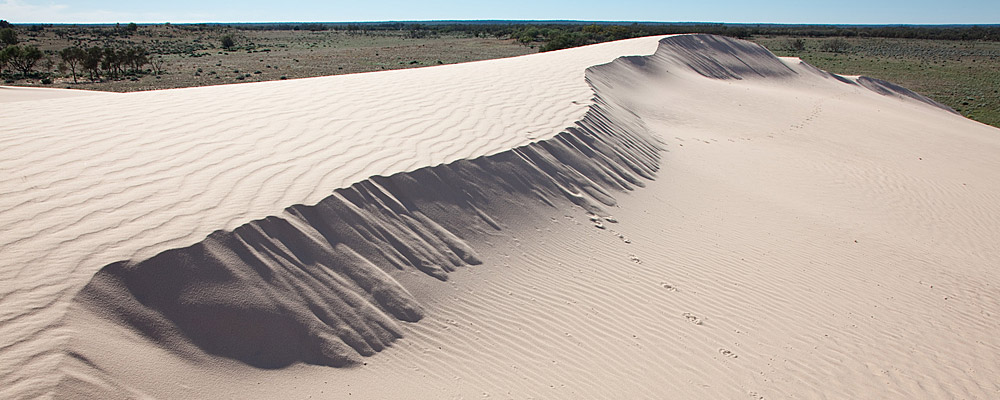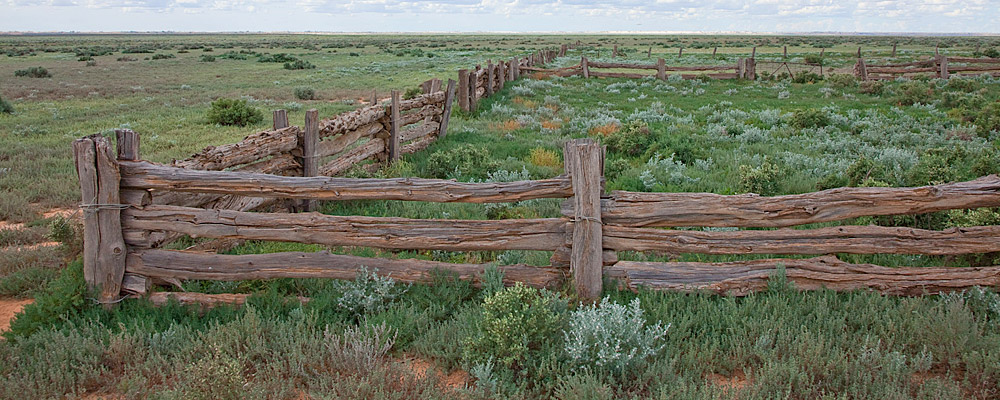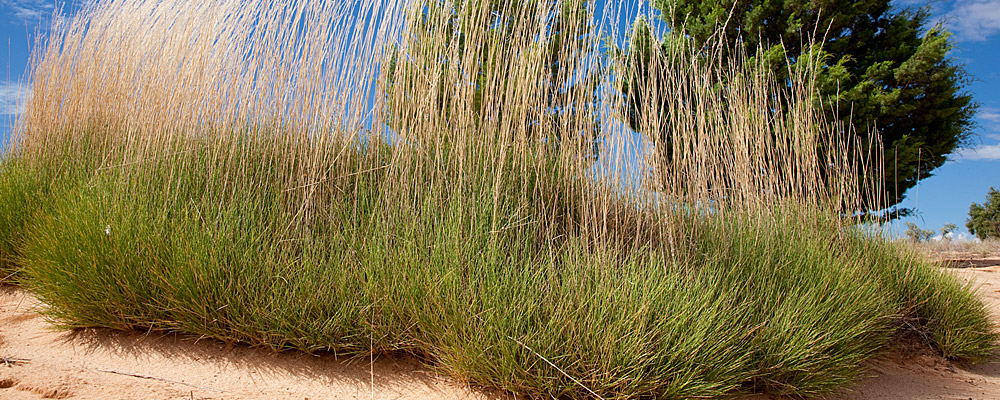Share Mungo Culture
Aboriginal Language
The Mutthi Mutthi, Ngiyampaa and Paakantji people each have their own languages. Traditionally, they were oral languages that had no written form. Only in recent years have some efforts been made to work out how the sounds could be written down using English letters. Often this is only approximate, because some sounds in Aboriginal languages have no direct equivalent in English.
None of the three languages have been fully documented with their vocabulary, pronunciation and grammar. Some words have changed their spelling along with different versions of the written language. This is one reason you might see some words that are spelt in different ways - like Paakantji and Barkinji.
Language is fundamental to a people's culture but much has been lost since white settlement and the associated disruption of Aboriginal communities and their way of life. For many years Aboriginal people were not allowed to speak their own language in public or in schools. If children spoke their own 'lingo' they were at risk of being taken away from their parents. Oral languages depend on being passed down from person to person, and fluent speakers of Ngiyampaa, Mutthi Mutthi, and Paakantji are now in small numbers.
Hear some of the personal stories about Aboriginal culture, history and language in Video messages.
That's where I grew up, in Murrin Bridge, on the mission. We were under the Protection Board. We had managers that we had to get permission off before we could go out of the mission, then we had to let them know when we came back onto the mission. We had a very hard life living under the Protection Board.
rnDawn Smith, Ngiyampaa Elder
When I was a young fella, in those days we weren't allowed to live in town. It was a rough old time, we went through a lot. The Kennedy family lived in Ivanhoe and we settled under the old wilga tree, out in the commons where the drovers used to spell their horses... That was the only place we had to live, so we built shacks under the old wilga tree.
rnRoy Kennedy, Ngiyampaa Elder
My mother is a strong Paakantji woman, and she knew the Paakantji language, but she wasn't always comfortable in teaching us. She wouldn't teach us the Paakantji language while we were going to school... If we went to school talking the Paakantji language, or saying any Paakantji words, the welfare would be knocking on my mother's door. We always had the risk of being taken away, for just learning our culture.
Warren Clark, Paakantji
I still understand my language, and I'm glad I learnt. It wasn't easy, because my Mum and her sisters weren't allowed to speak the language in town, in Pooncarie. Or they'd gaol you, they said. So they never spoke in town while they were doing the shopping, they'd just walk down the road a bit and started talking on their way home. So I've never lost any of the language, which I'm very proud to say. But it's hard to be able talk to people who hardly know the language. My sister was good, but she's passed away now. She knew all the language, and we could talk it.
Lottie Williams, Paakantji Elder

